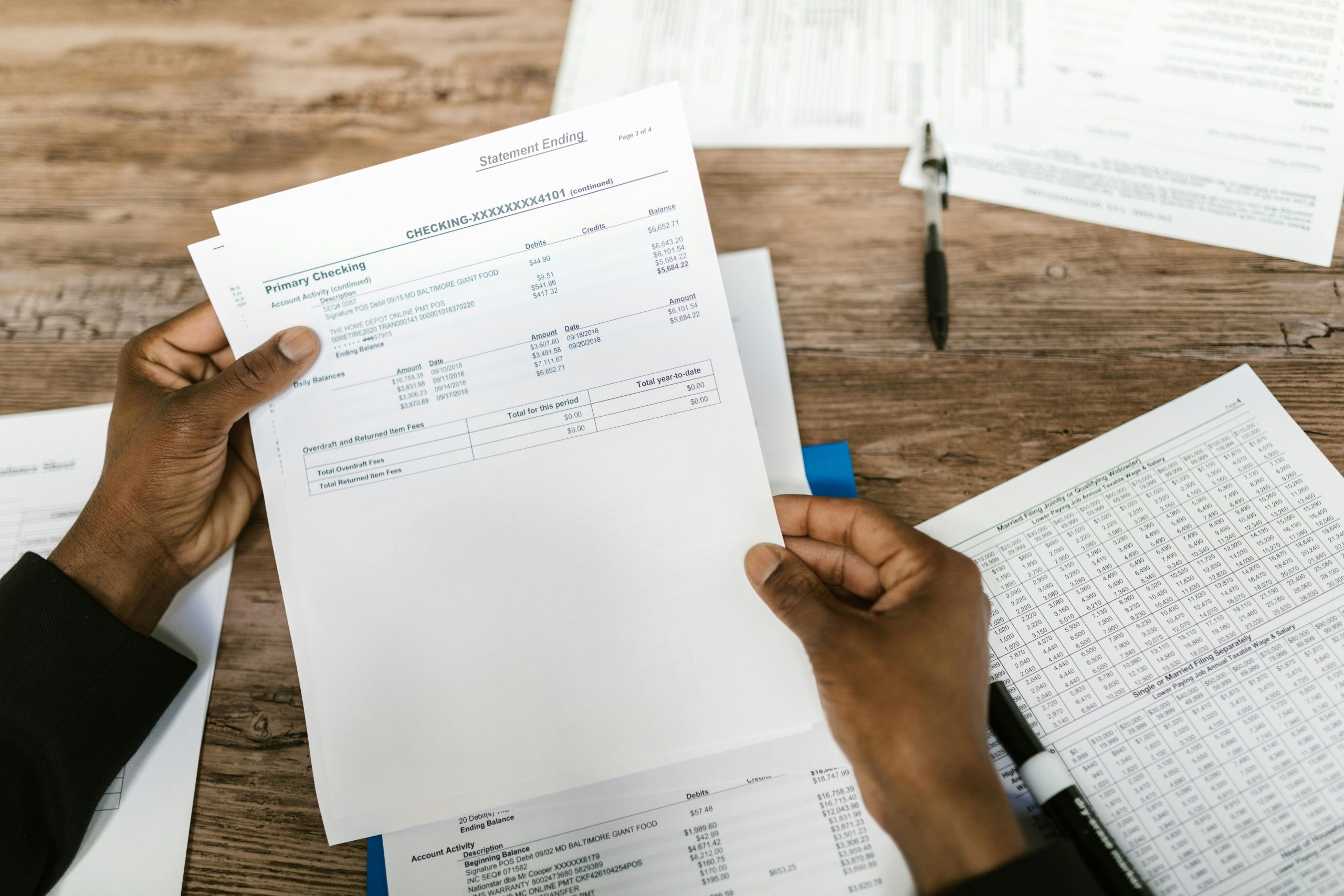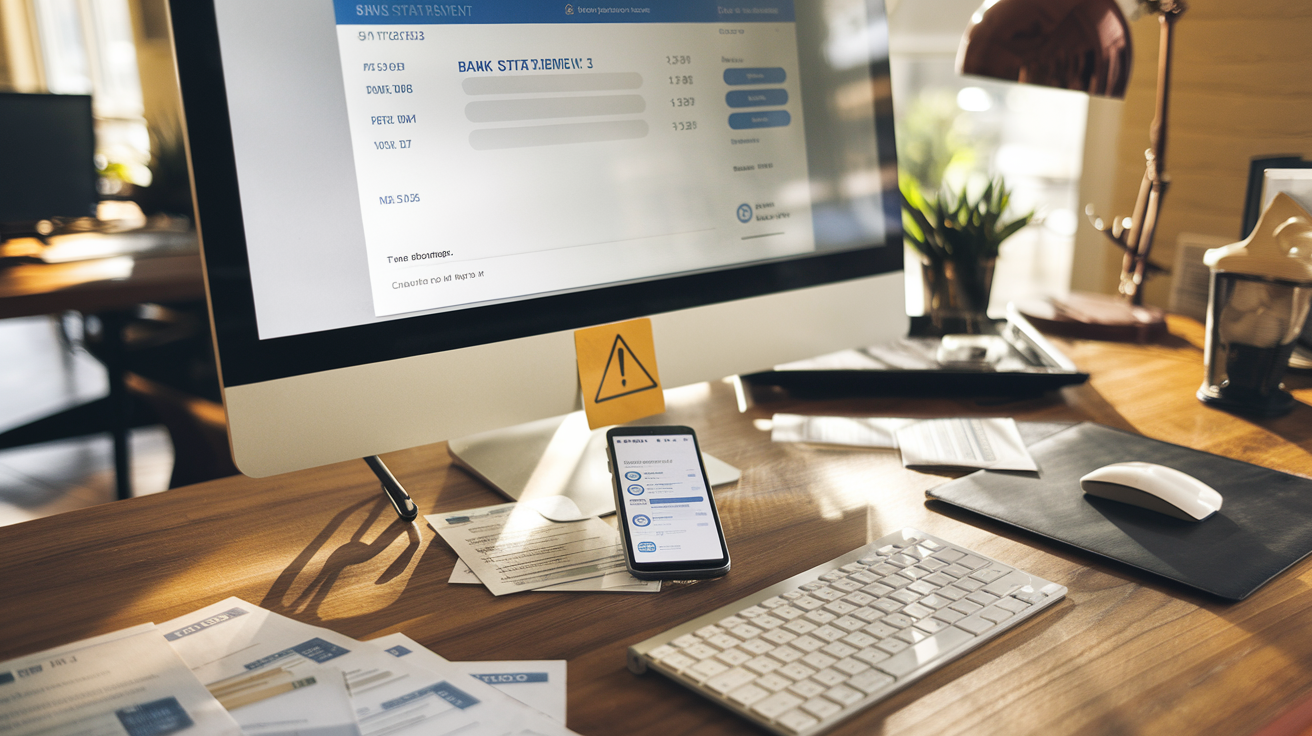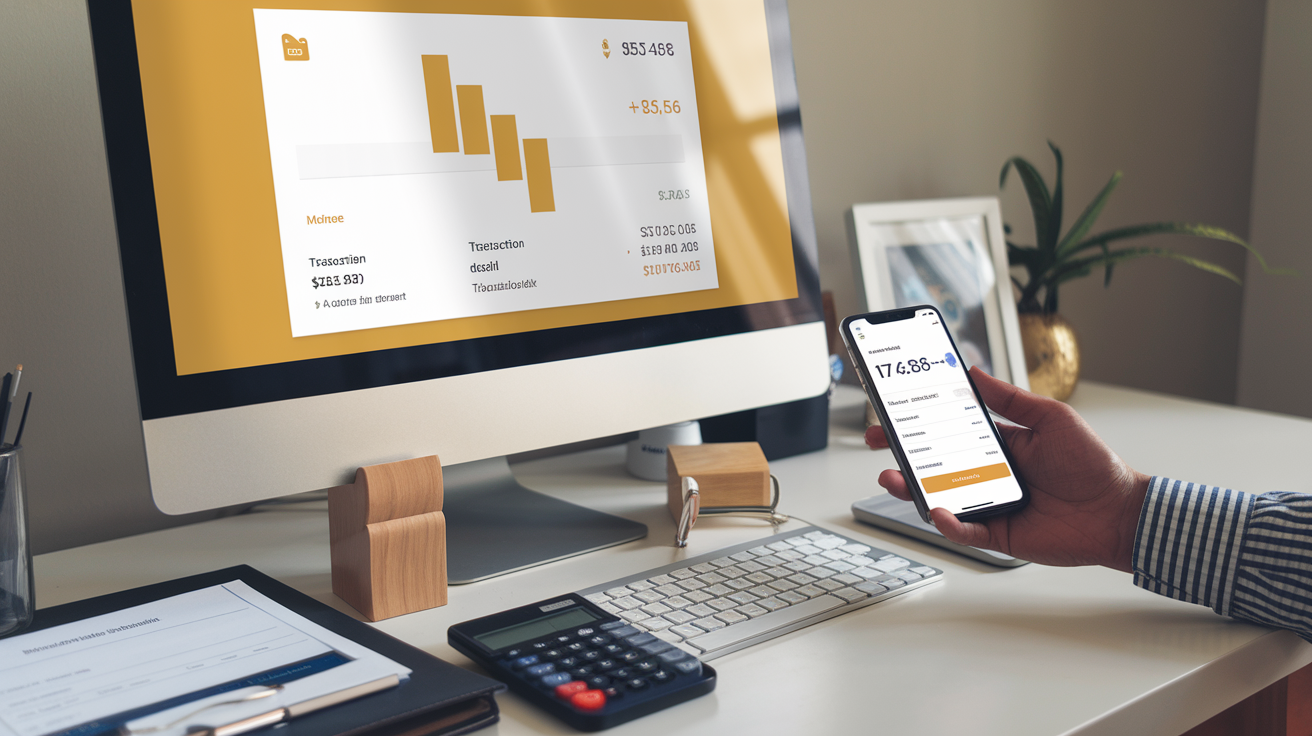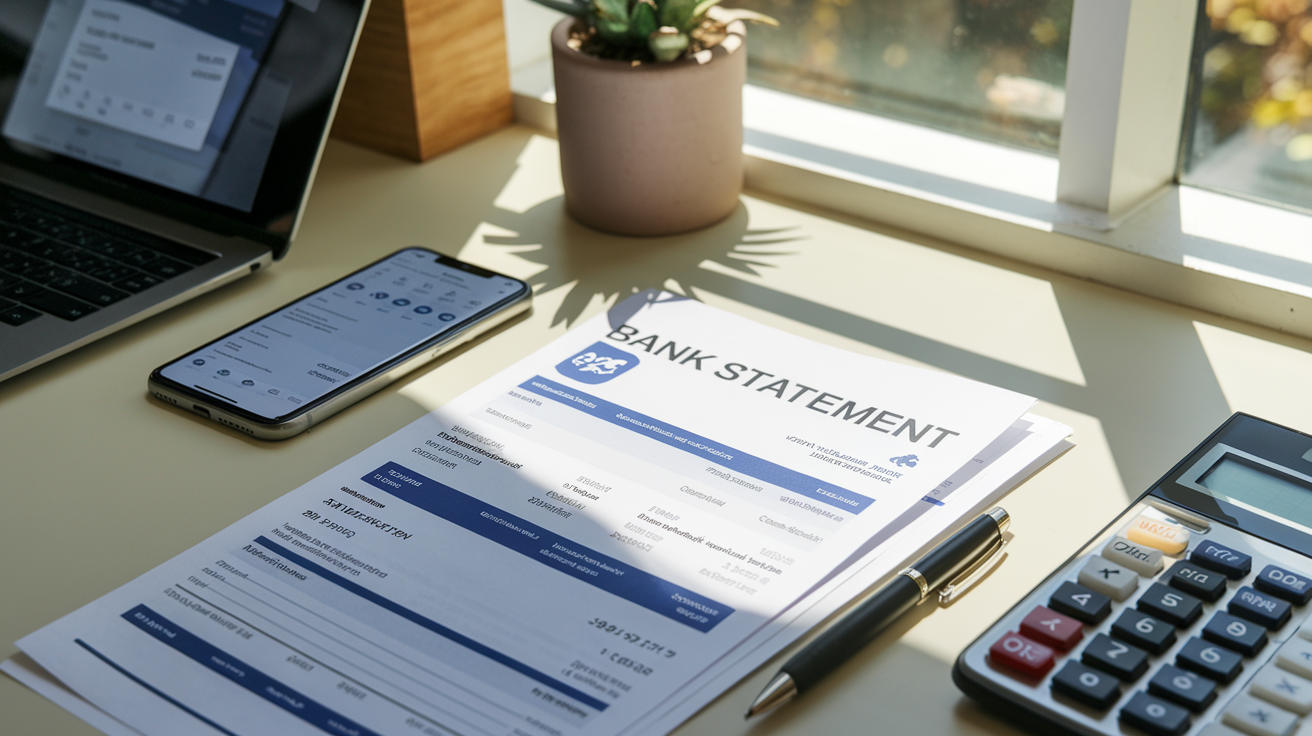What Exactly is a Bank Statement?
Have you ever wondered about those documents your bank sends you every month? Those are your bank statements, and they’re more than just pieces of paper. A bank statement is essentially a snapshot of your financial activity over a specific period, usually a month. It’s like a detailed report card for your money, showing where it came from and where it went.
The Anatomy of a Bank Statement
Bank statements typically include:
- Account information (account number, statement period)
- Opening and closing balances
- Deposits and credits
- Withdrawals and debits
- Fees charged by the bank
- Interest earned (if applicable)
Understanding these components is crucial, especially if you’re applying for rentals, seeking loans, or need to prove your income. Let’s dive deeper into how to read a bank statement effectively.
How to Read a Bank Statement Like a Pro

Reading a bank statement might seem daunting at first, but it’s a skill worth mastering. Here’s a step-by-step guide:
- Start with the basics: Check your personal information and account details for accuracy.
- Review the opening and closing balances: This gives you a quick overview of your financial situation.
- Scrutinize the transactions: Look at each deposit and withdrawal, ensuring they match your records.
- Check for fees: Banks often charge various fees. Make sure you understand what each fee is for.
- Look for interest earned: If it’s a savings account, check how much interest you’ve earned.
Pro tip: Don’t just skim your statement. Take time to understand each entry. It’s your money, after all!
Why Bank Statements Matter for Businesses
For businesses, bank statements are more than just records—they’re essential tools for financial management. Here’s why:
Accurate Bookkeeping
Bank statements help businesses ensure their financial records are accurate. By comparing the statement with internal records, companies can catch discrepancies and correct errors promptly.
Tax Preparation
Come tax season, bank statements become invaluable. They provide a clear record of income and expenses, making it easier to prepare tax returns and substantiate claims.
Fraud Detection
Regular review of bank statements can help businesses spot unauthorized transactions or suspicious activity early, potentially saving them from significant financial losses.
Financial Planning
By analyzing trends in their bank statements, businesses can make informed decisions about budgeting, cash flow management, and future investments.
The Art of Bank Statement Reconciliation
Reconciling your bank statement is like solving a puzzle—it ensures that your records match the bank’s. Here’s how to do it:
- Compare your records with the bank statement
- Mark off matching transactions
- Note any discrepancies
- Adjust your records for bank fees or interest not in your ledger
- Investigate any remaining differences
This process might seem tedious, but it’s crucial for maintaining accurate financial records, whether you’re an individual or a business.
The Hidden Benefits of Regular Bank Statement Reviews
Reviewing your bank statements regularly isn’t just about catching errors—it offers several other benefits:
Better Budgeting
By tracking your spending patterns through your bank statements, you can identify areas where you might be overspending and adjust your budget accordingly.
Early Fraud Detection
Regular reviews can help you spot unauthorized transactions quickly, allowing you to report them to your bank before they become a bigger problem.
Financial Goal Tracking
Your bank statements can show you how well you’re progressing towards your financial goals, whether it’s saving for a down payment or reducing your debt.
Improved Credit Score
By ensuring all your payments are made on time (which you can verify through your bank statements), you can positively impact your credit score.
Bank Statements: Your Ticket to Financial Opportunities
For those seeking rentals, loans, or needing to prove their income, bank statements are invaluable. Here’s why:
Rental Applications
Landlords often request bank statements to verify your income and ensure you can afford the rent. A healthy bank statement can give you an edge in competitive rental markets.
Loan Applications
When you apply for a loan, lenders will typically ask for several months of bank statements. These documents help them assess your financial stability and determine your ability to repay the loan.
Proof of Income
For freelancers or self-employed individuals, bank statements can serve as proof of income when traditional pay stubs aren’t available.
Conclusion: Your Financial Story in Numbers
Bank statements are more than just numbers on a page—they’re the story of your financial life. By learning how to read and use them effectively, you’re taking a significant step towards better financial management.
Whether you’re a business owner reconciling accounts, an individual tracking personal finances, or someone seeking a new apartment or loan, understanding your bank statements is crucial. They provide transparency, help detect fraud, assist in budgeting, and can open doors to new financial opportunities.
So, the next time you receive a bank statement, don’t just file it away. Take the time to review it thoroughly. Your future self—and your wallet—will thank you for it!





